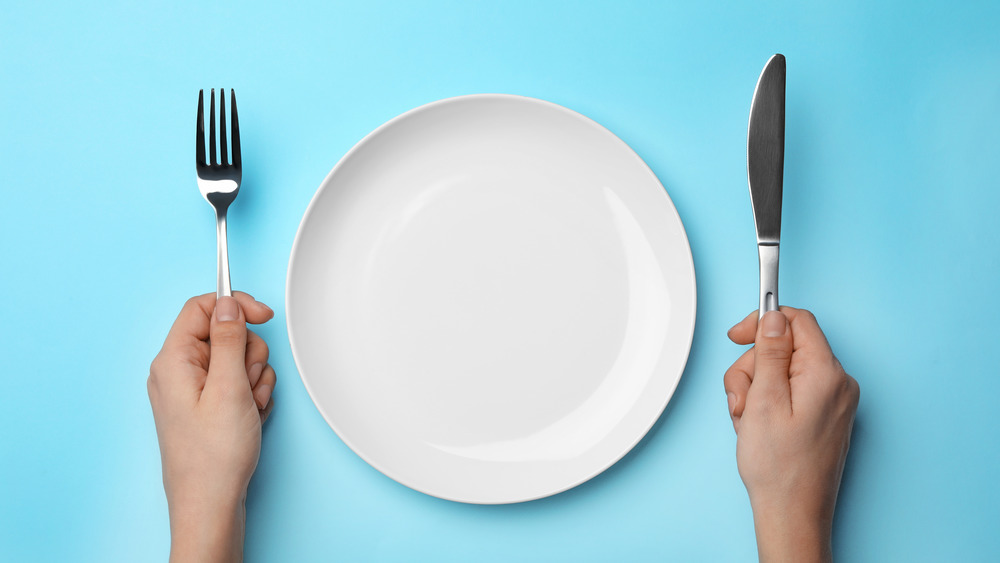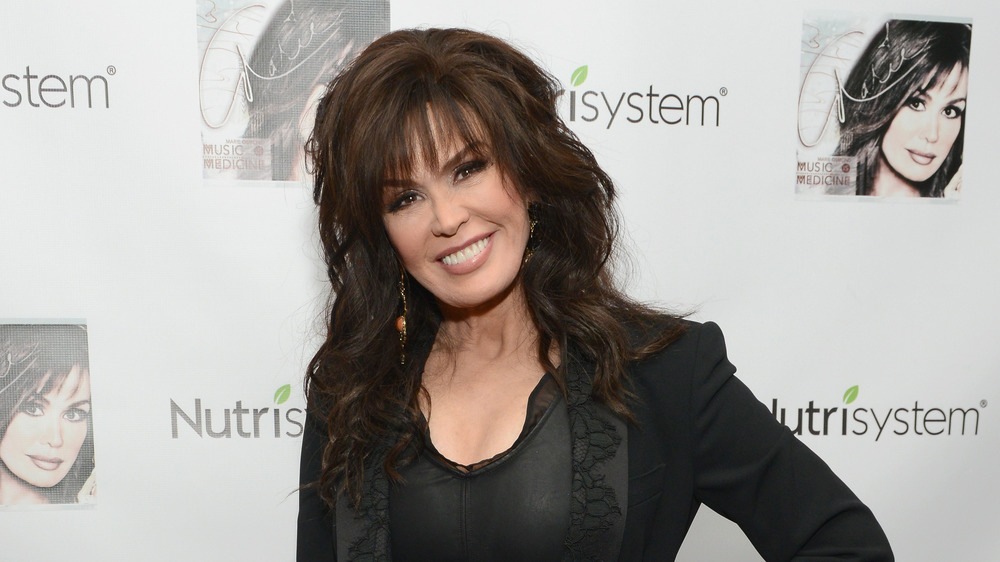Why Fasting Could Help You When You're Sick

When you’re sick, you may not feel like eating. In fact, you may even lose your appetite. But did you know that fasting could actually help you recover from an illness? Fasting is a practice that has been used for centuries to help people heal from various ailments. And while modern medicine has come a long way, there is still much we don’t know about the human body and how it works. Fasting allows the body to focus its energy on healing, rather than digesting food. When you fast, your body is able to use all of its resources to fight off the infection or illness. Fasting also helps to cleanse the body of toxins. When you eat, your body takes in not only nutrients, but also toxins from the food you eat. These toxins can build up over time and make you more susceptible to illness. Fasting gives your body a break from processing these toxins and allows it to eliminate them more effectively. If you’re sick, you may want to consider fasting as a way to help your body heal. Of course, you should always consult with your doctor before starting any new health regimen. But if fasting is something you’re interested in, it could be worth a try.
Yes fasting can help, but not for all illnesses
There are many different types of fasting, from not eating or drinking for a set period of time to only consuming liquids or certain foods. Fasting has been practiced for centuries, and there are many different reasons why people choose to do it. Some people fast for religious reasons, while others do it for health reasons. There are a lot of claims out there about the health benefits of fasting, but not all of them are backed up by science. Some of the claims are that fasting can help with weight loss, detoxification, reducing inflammation, and even fighting cancer. While fasting can help some people, it’s not a cure-all. It’s important to talk to your doctor before you start fasting, especially if you have a chronic illness or are taking medication. Fasting can be dangerous for some people, and it’s not right for everyone.
Recommended
NEXT UP
Blame Your Parents If You Have Any Of These Health Issues

We all know that our health is a direct result of our lifestyle choices. But did you know that your parents' lifestyle choices can also impact your health? If your parents smoked cigarettes while you were growing up, you're more likely to develop lung cancer. If they didn't eat a healthy diet, you're more likely to be obese. And if they didn't exercise regularly, you're more likely to be sedentary. So, if you have any of these health issues, don't blame yourself. Blame your parents. It's not fair, but it's the truth. Our health is a direct result of our parents' lifestyle choices. So, if you have any of these health issues, don't blame yourself. Blame your parents.
You can blame your parents for your skin issues
Thanks to your parents, you can blame your skin issues on them. If you have oily skin, it's thanks to your mom. If you have dry skin, you can thank your dad. If you have sensitive skin, you can blame both of them. But, the good news is that you can do something about it. With the right skincare routine, you can overcome the skin issues that are inherited from your parents. Here are some tips to help you get started: If you have oily skin, use a gentle cleanser and avoid harsh scrubs. If you have dry skin, use a moisturizing cleanser and use a humidifier. If you have sensitive skin, use a hypoallergenic cleanser and avoid using harsh chemicals. With the right skincare routine, you can overcome the skin issues that are inherited from your parents. So, don't blame them for your skin problems, and do something about it instead.


